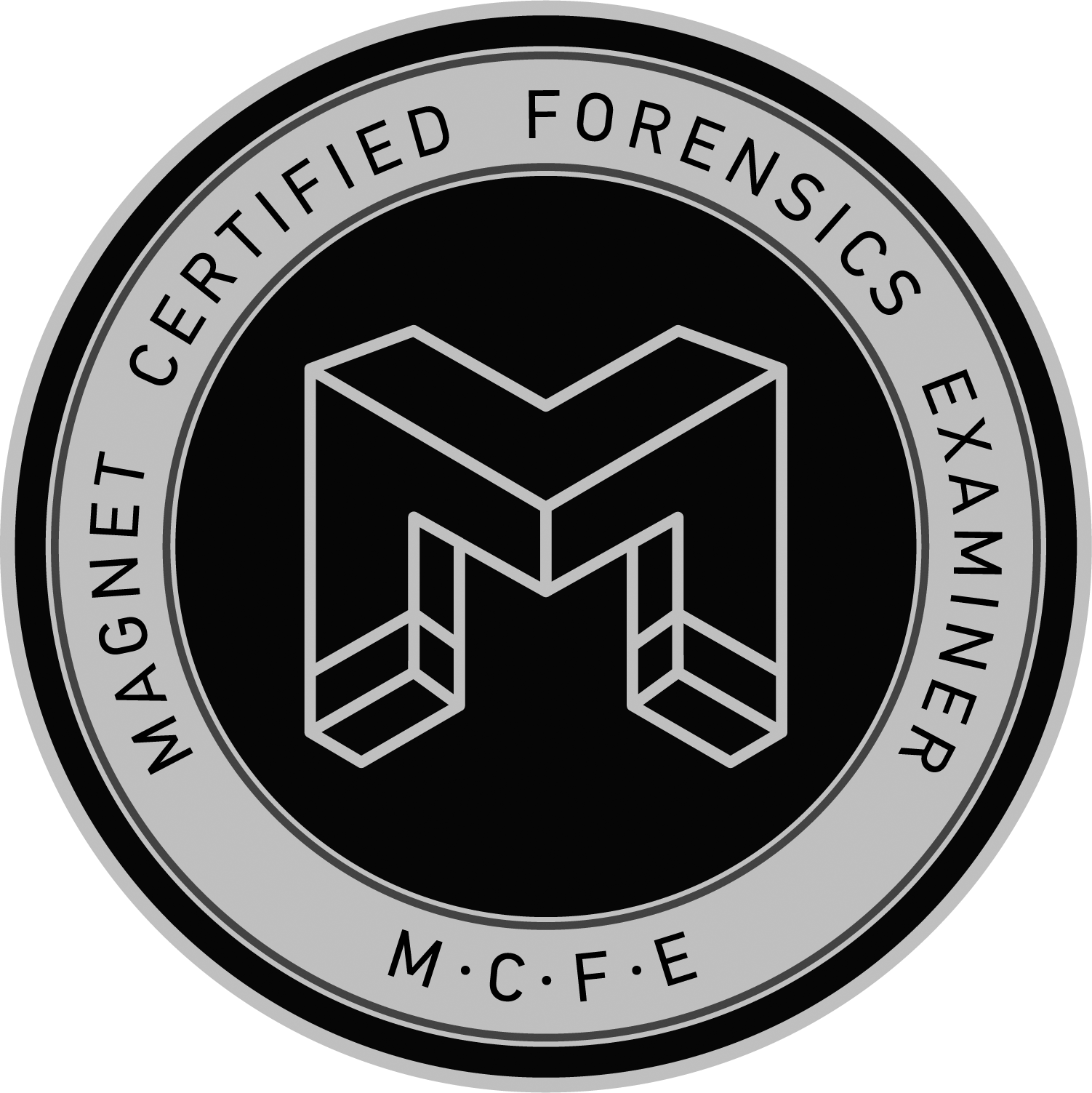Imagine the following scenario:
You're the first responding officer to a crime scene and have just completed taking the victim's statement. You then tell the victim you have to leave for another call. Before you go you politely ask the victim to take photos of the scene and their injuries, collect all of the DNA and fingerprint evidence, and note that you'll either be back later in the day or maybe tomorrow or the next day to pick it all up. You note that they can just leave the evidence at the front desk for you.
This is exactly how many agencies have chosen to deal with the overwhelming amount of DCCTV evidence available to them today. "Oh, there's video? Okay, have someone export it and we'll come back to pick it up."
Sure, the initial scenario above is an exaggeration, and I am acutely aware that the nature of the crime often dictates how resources are allocated; however, the nature of the crime should not override Best Practices when it comes to evidence collection. Period. You either collect it or you don't, and you own the consequences of each.
How much video is collected; from what cameras; did the process degrade the quality of the evidence; what about metadata; chain of custody; etc.
It's Just Video
Interestingly, fingerprints are just fingerprints. Why not use Cheetos dust & packing tape to collect crime scene fingerprints? Maybe we won't get all the ridges and swirls, but at least we tried to collect something. I'm sure the Trier of Fact will understand. Historically, Judges and Juries are very understanding of blatant disregard for industry accepted Best Practices on evidence collection, but only if you were really busy (said the sarcastic a**).
Best Practices & Other Resources
The reality is we're all busy, and we're all constantly asked to do more with less. We'll always need to assess resource allocation based on the nature of the crime and, unfortunately, substantial amounts of video evidence will continue to go uncollected or be collected improperly.
Proper DCCTV evidence recovery can be time consuming, but there are methods and solutions that can expedite the process and still adhere to Best Practices.
- SWGDE Best Practices for Data Acquisition from Digital Video Recorders (PDF)
- SWGDE Best Practices for Digital and Multimedia Evidence Video Acquisition from Cloud Storage
- SWGDE Guidelines for Video Evidence Canvassing and Collection (PDF)
DCCTV Recovery Training
Video evidence fundamentals should be taught in every police academy, as well as at in-service and other annual training events. Everyone thinks "It's just video", but the fact is there are more variables with video evidence than any other type of digital evidence...it's the most computationally complex thing a computer does...and in every case the original video is being transformed before it is displayed on a screen.
If you're interested in learning more about the proper recovery of DCCTV video evidence, consider Magnet Forensics DV200 training, which is available in-person and online. Any completed instructor-led Magnet Forensics training course (in-person or virtual) can be counted for 32 CPE credits through NASBA. https://training.magnetforensics.com
 DME Resources
DME Resources
